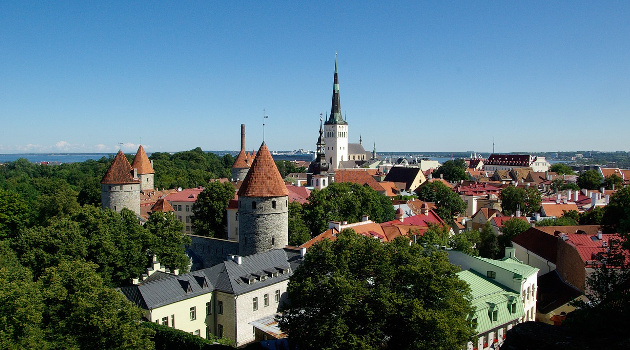
by Dan Mitchell | Aug 2, 2022 | Blogs, Economics, Free Market
At the start of this interview, I cite Economic Freedom of the World and the Index of Economic Freedom to make the point that more economic liberty is correlated with more human prosperity. For purposes of today’s column, I want to focus on the last half of the...

by Dan Mitchell | Jul 7, 2022 | Blogs, Free Market
I’ve written many times that convergence (or lack thereof) is the way to assess a nation’s economic policy. Based on this metric, Estonia deserves praise. Here’s a chart from a recent OECD report, which shows Estonia (and other countries...

by Dan Mitchell | Jun 25, 2022 | Big Government, Blogs, Free Market
My warm and fuzzy feelings for “capitalism” turn sour when someone promotes a modified version such as “common-good capitalism.” Why? Because I worry such terms imply a Trojan Horse for statism. And that’s definitely the case with so-called...

by Dan Mitchell | Jun 5, 2022 | Blogs, Economics, Free Market
As part of a conference organized by the Face of Liberty International in Nigeria, I reviewed real–world evidence to explain the recipe needed for poor nations to become rich nations. With an emphasis on fiscal policy, of course. I think much of what I said is common...

by Dan Mitchell | Apr 2, 2022 | Blogs, Economics, Free Market
Regarding Russia’s reprehensible attack on Ukraine, I’ve written three columns. Russian oligarchs don’t deserve much sympathy because they got their riches through cronyism rather than capitalism.Western nations should weaken Putin by...






